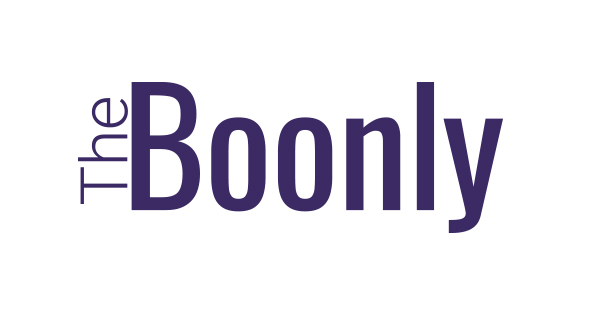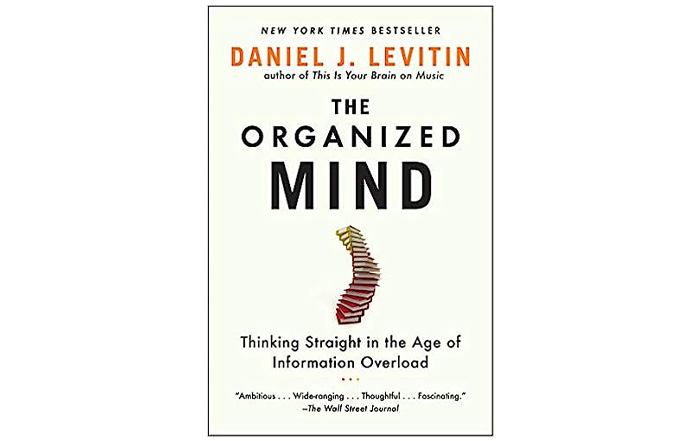Where to find this idea:
The Organized Mind: Thinking Straight in the Age of Information Overload by Daniel J. Levitin
Picture this: you are at a store choosing which shampoo to buy. Floral or ocean fresh? With or without sulfate? Repair or shine? The list goes on and on, and all of a sudden you feel overwhelmed and have no idea which one is the best choice.
You may wonder how something so simple like choosing a shampoo can cause stress. The answer — you’re experiencing choice overload. When faced with more choices than our brains can process, we become paralyzed and have a hard time making decisions.
Luckily, there’re ways to cope, especially when you deal with everyday choices like what to eat, what to wear or how to spend your free time.
One of them is called satisficing (aka making a good enough choice, instead of trying to make the optimal choice), a concept introduced by Herbert A. Simon.
If we agree that buying shampoo is not a super important decision in your life, we can take a look at how you would make a satisfying decision in this situation.
You would look for a shampoo that meets your most important needs. Besides the basic need every shampoo should satisfy, which is to leave your hair clean, you might care about avoiding harsh chemicals. Therefore, you would consider this factor, but you wouldn’t bother with other aspects like its smell or the conditions it treats.
Opting for “good enough” on minor decisions makes things simpler, saving brain energy. There is a limit on how many decisions you can make each day. If you spend energy on nonessential decisions, you’ll end up with little energy left for essential decisions, like how to spend your savings, how to take care of your health or where to live.
Satisficing also leaves you feeling content with your decision since you’re not constantly on the hunt for that elusive “perfect” choice. When we expect to make the best decision and go over too many options, we usually feel unhappy after the decision is made. The reason? We start second-guessing ourselves, thinking maybe another option would’ve been better.
So, next time you’re faced with an everyday choice, ask yourself “do I really need to make the perfect decision, or, is good enough just enough?” Odds are, it is.

